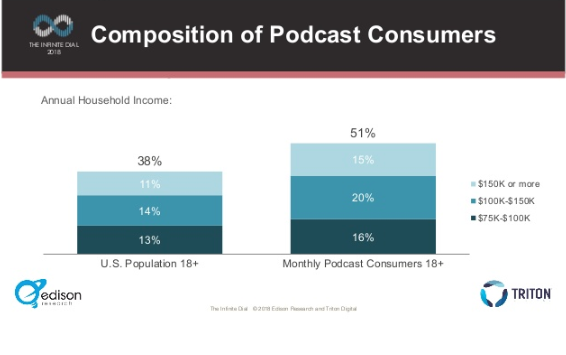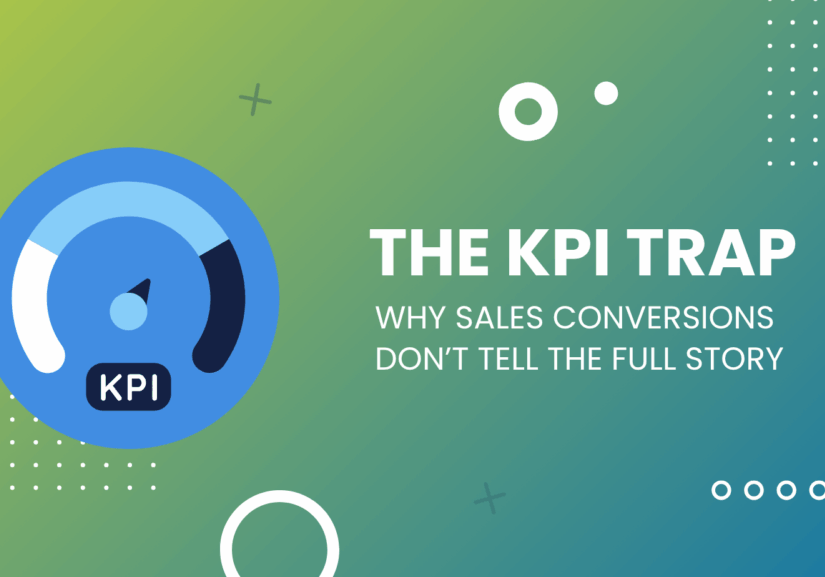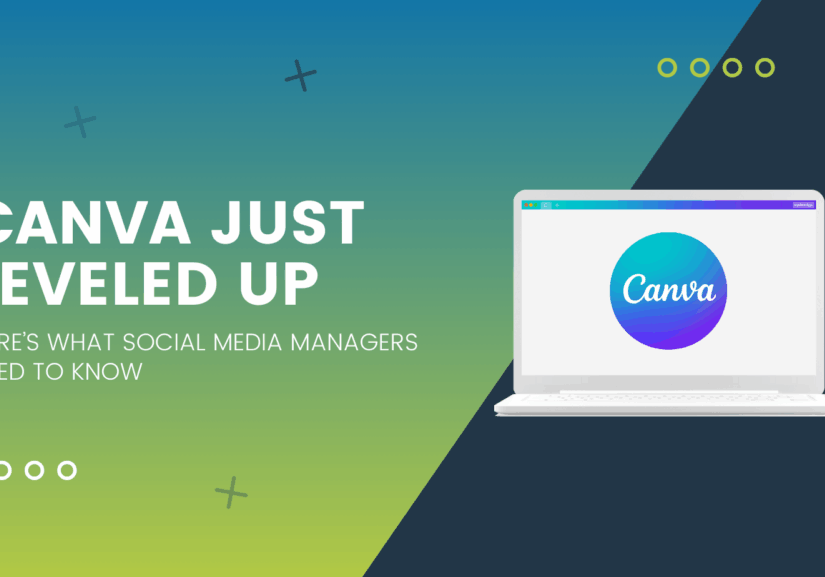Is a Podcast a Good Way for You to Reach Customers?
By Traci, Destination Marketing Manager | January 4, 2018
Have you listened to a good podcast lately? Podcasts – audio programs produced and delivered on digital platforms and apps – are all the rage. While much of the content out there is purely for entertainment purposes, there are companies creating their own shows as content marketing tools. Ford, Trader Joe’s, and even small companies from financial advisors to boutiques are just a few that are sharing stories that ultimately build on their brands.
Is podcasting a viable option for your business? In this two-part blog post series, we’ll take a look at what’s involved.
Consider The ROI
The number of American consumers tuning into podcasts increased by 157 percent since 2014. It’s an undeniable movement – a 2018 survey conducted by Edison Research into Americans’ audio listening habits revealed that of
the 73 million Americans who regularly download podcasts, 54 percent listened to four or more podcasts in the past week.
That’s good news for businesses seeking to connect directly with consumers whether seeking to educate them about new forms of medical treatments or medicines available, introducing improved features on an next-gen product, sharing tips on how to save costs when traveling, car shopping or purchasing other high-price items, or helping to raise awareness of or advocate on behalf of important social, cultural, business, environmental or political issue.
Additionally, podcasts listeners present an ideal demographic for both B2B and B2C companies: 40 percent of monthly podcast listeners fall into the coveted age 18-54 brackets and 51 percent earn at least $75,000, with 35 percent earning more than $100,000 a year. While 82 percent of consumers tune in to podcasts at home, 58 percent listen while in their car and 34 percent at work. And when it comes to workforce education, though most businesses favor a combination of live instructor mixed with online learning to train workers, 13 percent of companies of all size use podcasts to help employees keep up to date on essential job skills.

So what does it take for your business to create and implement a successful podcast program?
Ask what you want to achieve
As with any new endeavor, you must first determine exactly what you hope to get out of implementing a podcast program. Are you looking to improve sales of a specific project or service? Do you want to reach a new demographic or improve the percentage of sales to a particular type of customer? Do you seek to better educate consumers about how your services can help save them time or money?
As with any form of outreach, you need to answer the following questions when considering adding podcasts to your marketing
communications mix:
- What is your goal?
- How will you measure if the podcast(s) are successful? (number of downloads, number of follow up phone calls/emails, rise in the number of orders, etc?)
- Who do you wish your podcasts to reach? (i.e., who is my audience?)
- What do you wish to say (what’s the one message you want listeners to take away? Is there a call to action?)?
- What is your budget/timeline? How often will you podcast? Weekly? Monthly? Quarterly? Doing just one will likely not yield meaningful results.
- How does podcasting fit in with other marketing, advertising and consumer outreach efforts you are doing?
- Who will oversee the development and execution of the project? Whether you handle marketing and advertising in-house or work with an outside agency, recognize that while successful podcasts speak directly to your target audiences, the content will focus more on educating and
persuading rather than “selling.” Thus podcasts will likely best be handled by your integrated communications, public relations or native advertising teams rather than your sales department.
Expertise Matters
Perhaps the most important factor when it comes to podcasting is making sure you have compelling information to share. This should include a mix of factual information, concrete data from trusted, credible third-party sources to back up your claims, and the use of story or anecdotes to help listeners connect both emotionally and intellectually. An effective podcaster must have ample subject knowledge. This might mean extensive research and preparing before producing content, or even bringing in outside sources to provide additional information.




